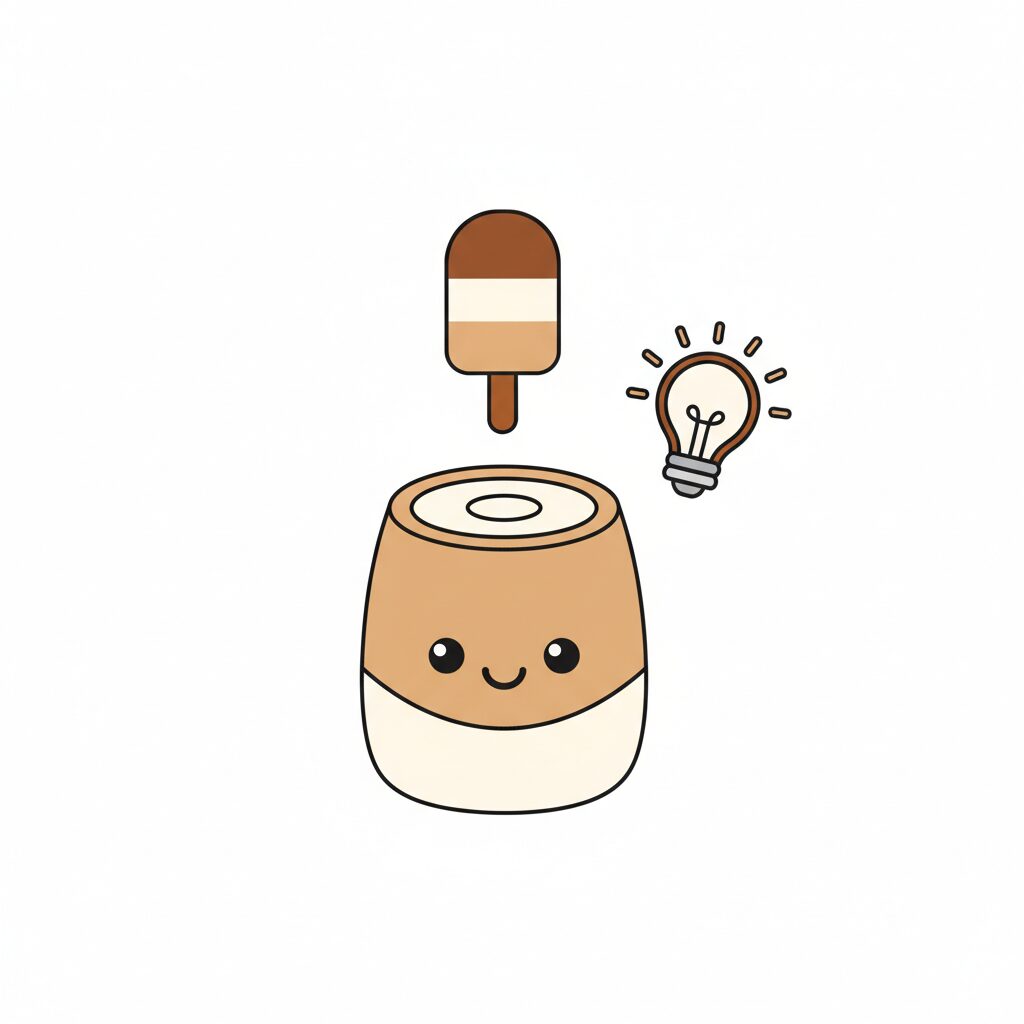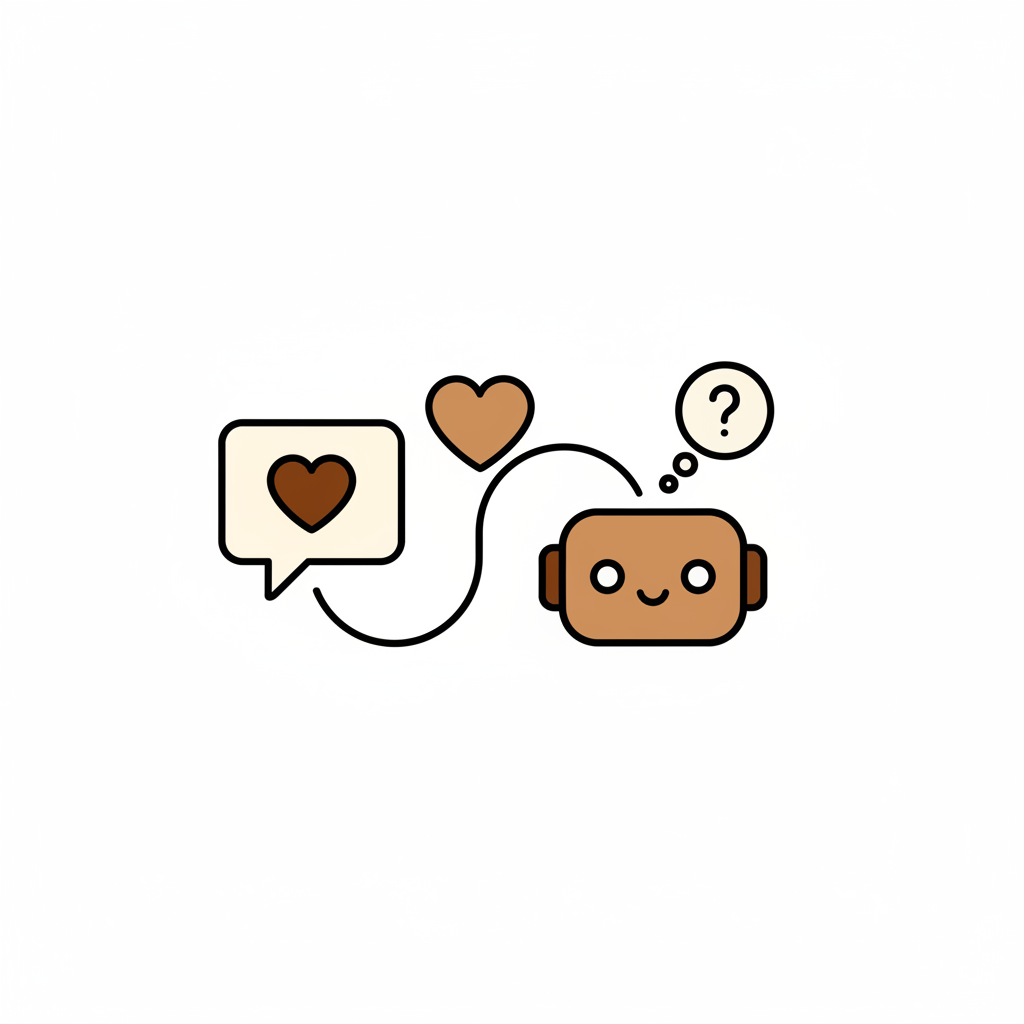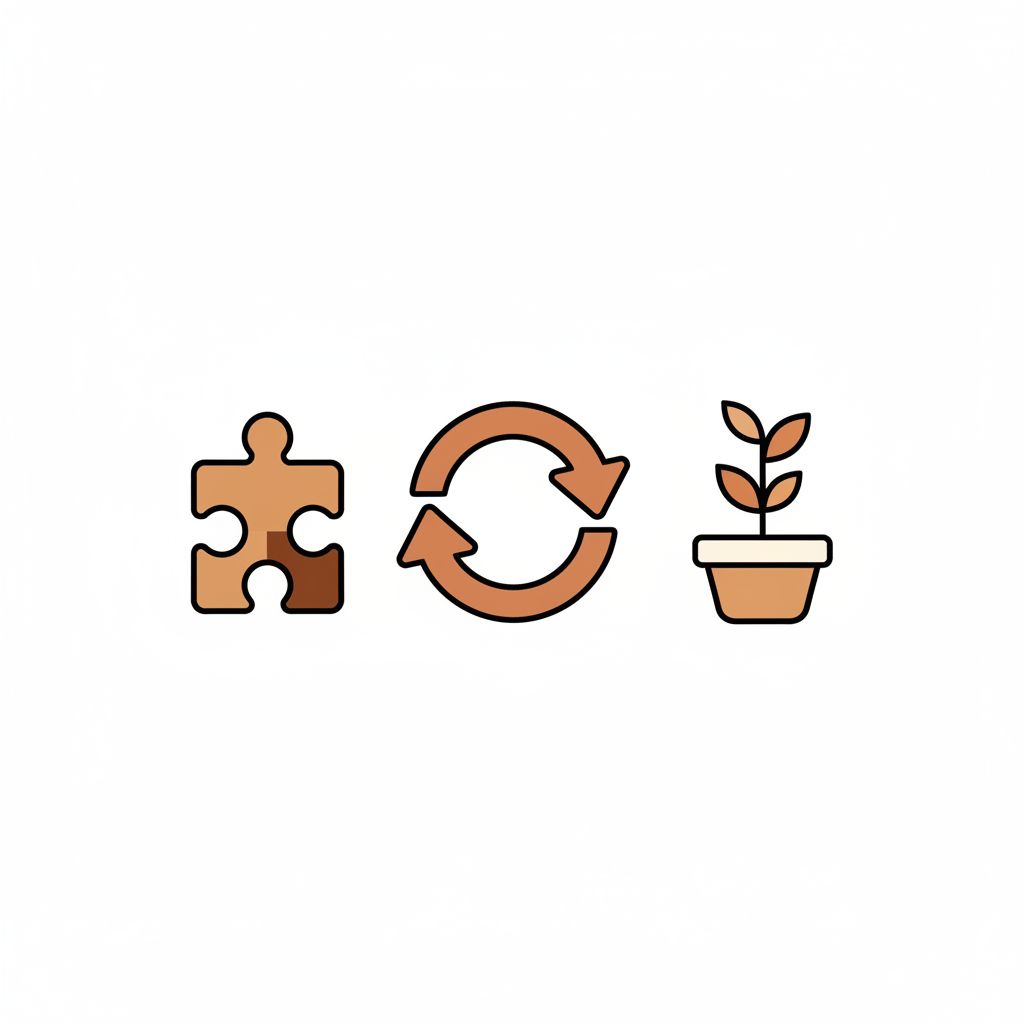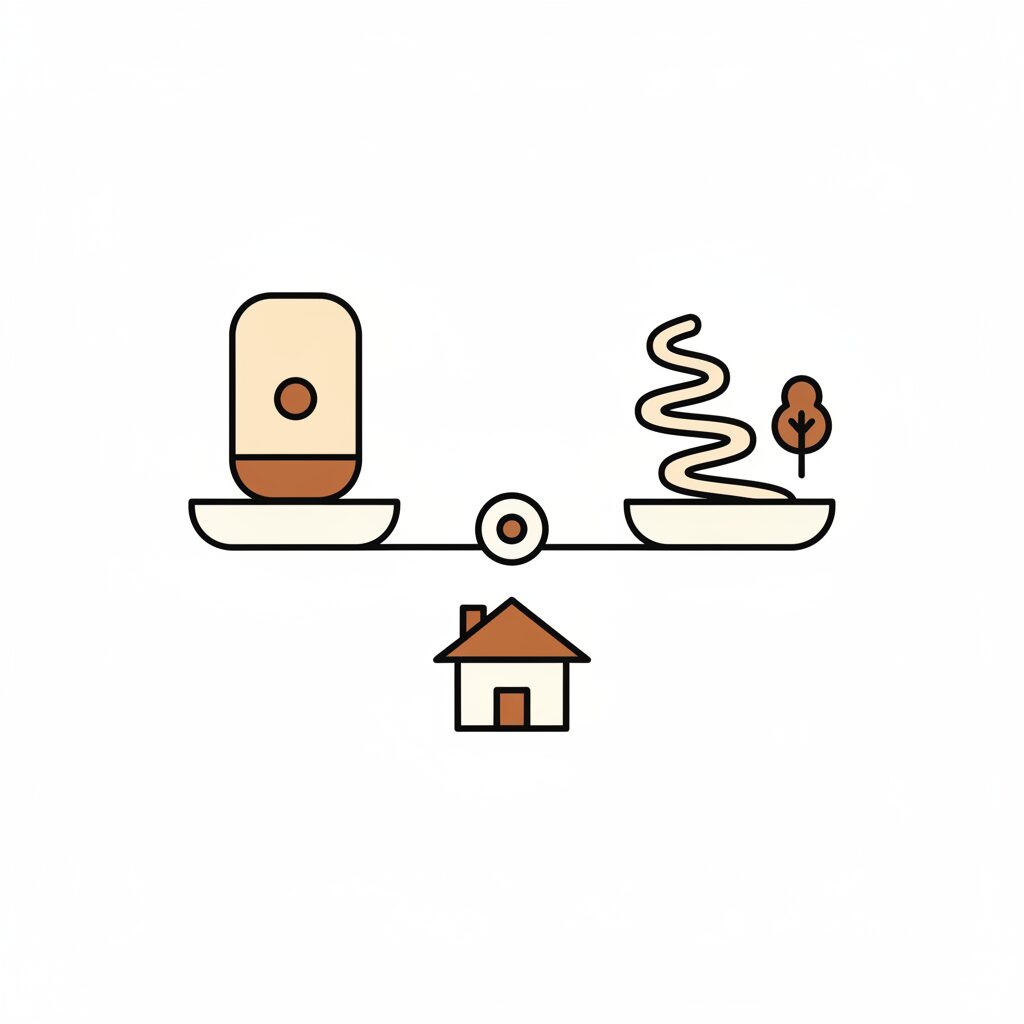
You know that moment when technology takes a playful detour? Like when your kid asks Siri for “a million ice pops” just to see what happens. Well, Taco Bell just lived it on a massive scale—and it’s got me thinking hard about how we guide our little explorers through this wild digital world. Two million AI-powered drive-thru orders ran smoothly… until someone ordered 18,000 waters. Suddenly, the system blinked, the worker jumped in, and we got a masterclass in why humans still matter most.
Which brings me to why kids instinctively test boundaries—when does curiosity become chaos?
Kids Get It First: The Joy of Tech Tinkering and Digital Literacy

Remember when your child tried to convince Alexa to “play forever” or asked Google Assistant for “pizza rain”? That playful testing of limits isn’t mischief—it’s brilliant curiosity in action. Just like that Taco Bell prankster ordering 18,000 waters to see if the AI would flinch, our kids are naturally stress-testing technology. They’re not breaking things; they’re mapping boundaries through laughter and experimentation. And honestly? That’s resilience training disguised as fun.
While the drive-thru glitch made headlines, it mirrors those kitchen-table moments when a toddler realizes voice commands work differently than real conversations. Our job isn’t to shut down the “what ifs,” but to gently frame them: “What clues tell us when tech needs help understanding us?”
That said, Taco Bell’s stumble reminds us something vital: tech that can’t handle playful testing will frustrate real humans. We see this with kids too—apps that punish curiosity rather than guiding it. As reported by BBC, this is why brands like Taco Bell scale back rollouts to build tech that bends with people.
The Magic Ingredient AI Can’t Replace: Human Connection

Here’s what really struck me: when the drive-thru AI kept asking that frustrated customer to “add more drinks,” it wasn’t just a software bug—it was a soul bug. Because humans thrive on nuance, empathy, and the ability to say “hold on, let me get my coworker.” At rush hour, Taco Bell’s staff admit real people handle chaos better. Sound familiar? Like when your kiddo asks Alexa for 27 bedtime stories?
Algorithms struggle with the unspoken—the tired sigh, the hesitant “um,” the sparkle in their eye when they’ve created something new. We’re swimming in tools promising “personalized” learning for kids, yet nothing beats a teacher who notices when Maya’s enthusiasm dips or a parent reading between the lines of a “fine” after school.
Why not apply that wisdom at home? When voice assistants mishear “more cookies” as “more carrots,” laugh it off together. Turn missteps into connection moments: “Our tech’s being silly! What should we try next?” Because warmth can’t be automated.
How to Raise Tech-Resilient Kids with Gentle Strategies

So how do we raise kids who navigate glitches without melting down? Let’s think of tech as a helpful guide—not the destination itself. Taco Bell processed two million successful orders before the prank broke surface—that’s like teaching kids that most tools work well if we use them thoughtfully.
Next time your child battles a frozen game, try: “What clues tell us this needs a restart?” Instead of rushing to fix it, let them feel the slight friction of problem-solving. It’s like teaching them to read maps before handing over GPS—building confidence to steer through digital fog.
And about those “18,000 waters” moments? They’re perfect springboards for kitchen-table chats. “What if someone ordered 18,000 scoops at the ice cream truck?” Let kids debate fair use and kindness toward harried workers. No lectures needed—just curiosity.
Finding Your Family’s Sweet Spot with Tech and Connection

Here’s the hopeful twist in Taco Bell’s story: they’re not ditching AI—they’re refining it with humans at the wheel. That’s our parenting family compass too. Maybe it’s using apps to spark bedtime storytelling (“Siri, tell a dragon tale!”) but keeping the ending for us to co-create.
Last week, my family “tested” a new pizza-ordering bot. When it repeated “Would you like extra cheese?” seven times, we burst out laughing—and decided to walk to our favorite spot instead. That stroll, smelling rain-wet pavement and debating topping choices, became the real memory.
Tech helps us cruise, but the destination is always connection. Next tech glitch? Pause. Take a deep breath. Share how rain-wet pavement smelled during our spontaneous pizza walk. Watch how quickly frustration turns into fuel for resilience.
